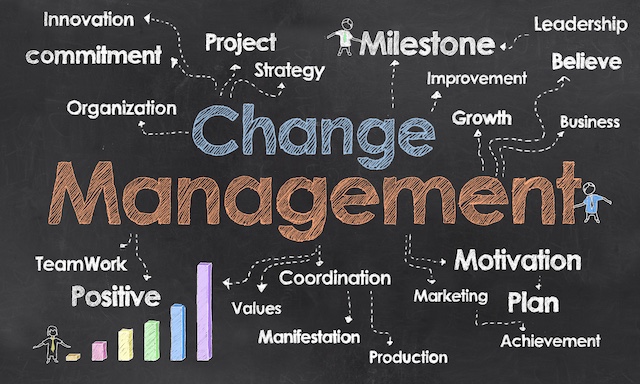What Is Unconscious Bias?
Unconscious bias refers to the automatic and unintentional stereotypes or judgments that affect our understanding, actions, and decisions. These biases are formed by our background, cultural environment, and personal experiences, influencing how we perceive and interact with others. Unconscious biases can manifest in various contexts, such as hiring practices, workplace interactions, and social settings, often leading to unfair treatment or discrimination. Despite being involuntary, these biases can significantly impact behavior and decision-making, highlighting the importance of awareness and proactive measures to mitigate their effects and promote fairness and inclusivity.
What Is an Example of Unconscious Bias?
An example of unconscious bias is the tendency to favor job candidates with names that sound more familiar or culturally similar to the hiring manager. For instance, a recruiter might unconsciously prefer resumes with names like “John” or “Emily” over names like “Hassan” or “Aisha,” despite having similar qualifications and experiences. This bias, rooted in familiarity and cultural stereotypes, can lead to unfair hiring practices, reducing diversity in the workplace. Recognizing and addressing such biases through blind recruitment processes or diversity training can help ensure a more equitable and inclusive hiring process.
How Do You Address Unconscious Bias? 100 words
Addressing unconscious bias is a two-pronged approach: self-awareness and mitigating actions. First, acknowledge everyone has biases. Take an implicit association test (IAT) to uncover your own hidden beliefs. Next, challenge assumptions. When making decisions, question your initial impressions. Were they based on facts or stereotypes? Slow down and gather objective data.
For ongoing improvement, surround yourself with diverse perspectives. Actively seek out experiences and friendships that challenge your comfort zone. This broadens your understanding and helps dismantle stereotypes. Finally, hold yourself accountable. If you catch yourself making biased assumptions, pause and re-evaluate the situation fairly. By being mindful and proactive, we can combat unconscious bias and promote fairer interactions.




